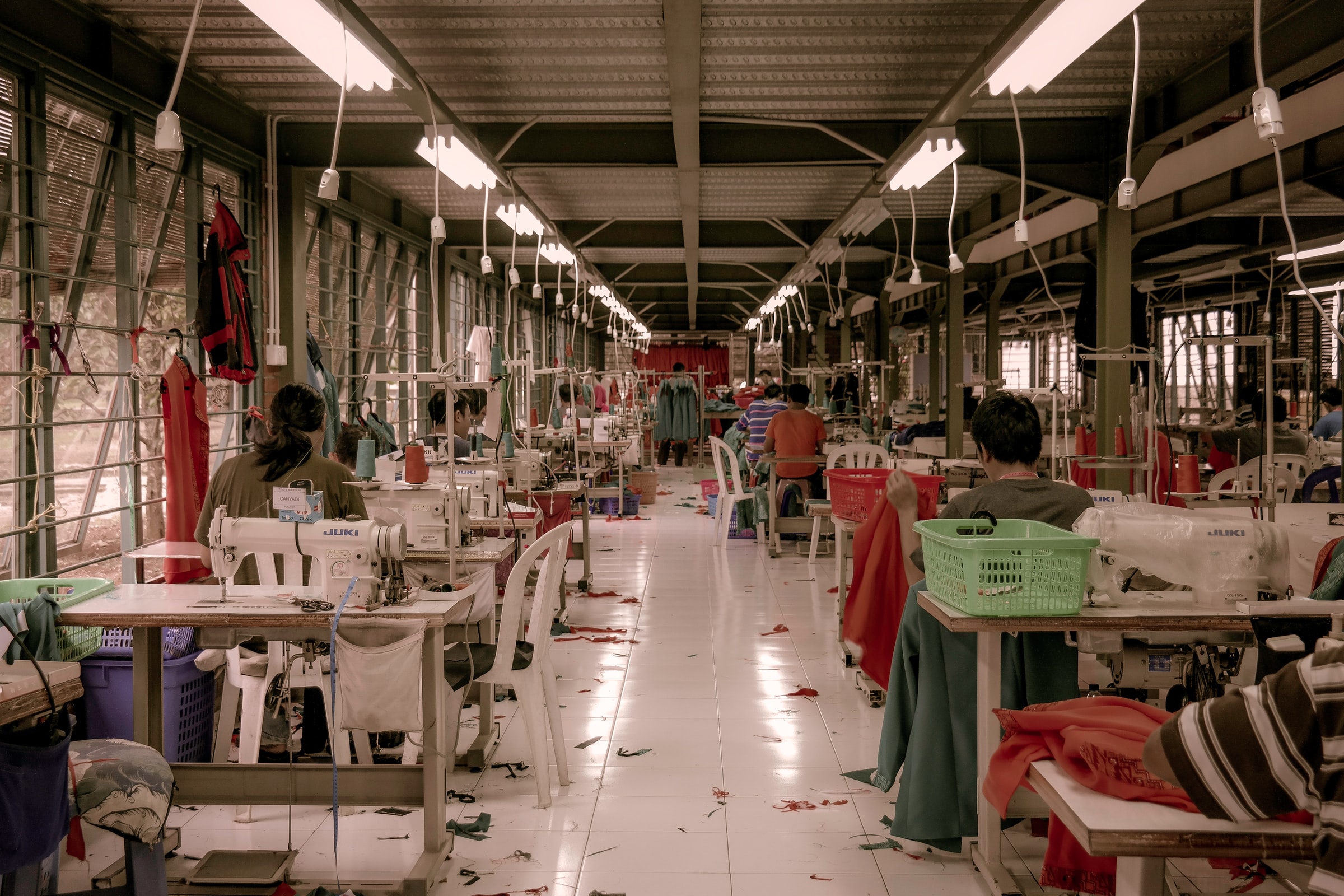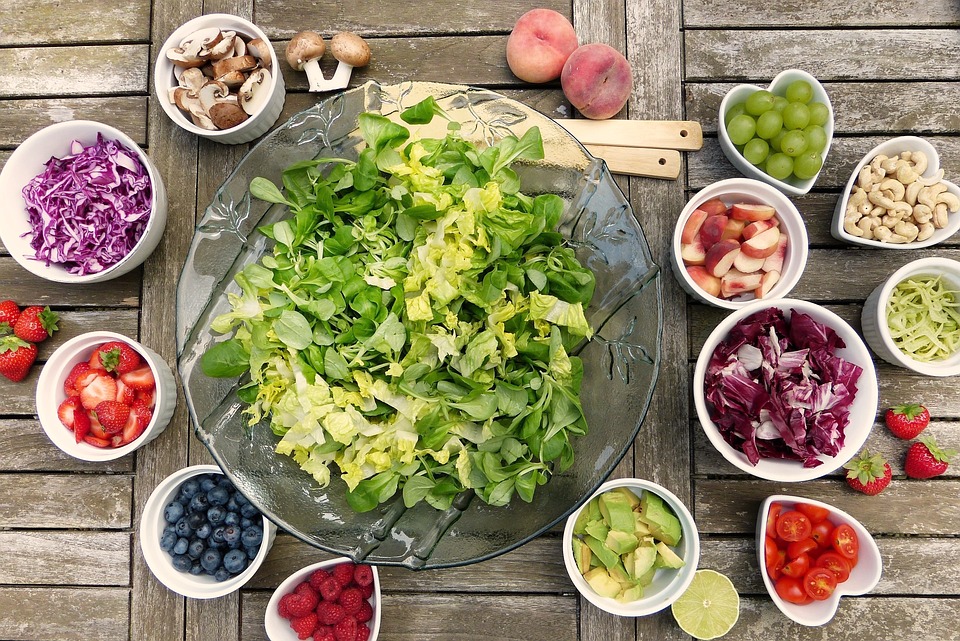People, planet, and climate: none of these are predictable and yet there are many who have already predicted how the world or the environment will look in the future.
People Would Eat Less Meat
 While I respect people who make the decision not to eat meat or even become vegan, and while I also perfectly understand that meat production has side effects –both on the organism and on the planet – I just love to have a nice cut or stew…every second or third day. Of course, I try to buy from sources that are or have a reputation for being on the “humane” side of animal treatment.
While I respect people who make the decision not to eat meat or even become vegan, and while I also perfectly understand that meat production has side effects –both on the organism and on the planet – I just love to have a nice cut or stew…every second or third day. Of course, I try to buy from sources that are or have a reputation for being on the “humane” side of animal treatment.
Anyway, where were we?
Right, meat consumption varies widely around the world, with some countries consuming much more meat than others. In general, people in developed countries tend to eat more meat than those in developing countries. According to the Food and Agriculture Organization of the United Nations, the average global per capital consumption of meat is about 43.7 kilograms per year. However, this number is heavily influenced by high meat consumption in a few countries and the actual amount of meat consumed by individuals within a country can vary greatly. Some people choose to follow a vegetarian or vegan diet, which does not include meat (of course), while others choose to consume meat only occasionally and obviously, there are some who are great meat lovers and cannot live without it (like me).
However, according to Tim Benton, Professor of Population Ecology at the University of Leeds, UK, by 2030, people will eat less meat. Just like old times, meat would be considered as a luxurious treat rather than a staple.
Gender Equality and Sustainability
 My views on gender equality are that the concept in itself is quite unfair and reduces both men and women into molds of sameness. Equality between men and women would be like both of them having the same sex organs, same body types, same body strength, same height and same emotions. In other words, for me, for men and women to be “equal” would mean that there’d be no men and women.
My views on gender equality are that the concept in itself is quite unfair and reduces both men and women into molds of sameness. Equality between men and women would be like both of them having the same sex organs, same body types, same body strength, same height and same emotions. In other words, for me, for men and women to be “equal” would mean that there’d be no men and women.
Anyway, that’s what I think, but according to Susan Adams, “educating the next generation regarding gender equality can help create a sustainable environment.”
We Will Be Able to Control the Weather
 Excuse me, what?
Excuse me, what?
Control the weather? Really?
Weather forecast is based on rigorous, multidisciplinary sciences of the atmosphere, ocean, and land, and the interactions among them. The weather forecast that you see on TV or on your mobile app actually starts with collecting real-time data using satellites, weather radars, and ground and upper-air in situ measurements. There are now over 20 weather satellites worldwide and over 150 weather radars in the US alone. For each round of data forecast, many billions of data points are integrated into a numerical weather prediction model using a process called data assimilation.
Weather forecast is an initial value problem. To produce a forecast, a model processes today’s observed weather parameters (hence the name initial value) based on millions of highly nonlinear differential equations that evolve the dynamics, thermodynamics, and radiative processes for the entire earth surface, allowing the atmosphere, ocean, land surface, and snow and ice to interact with each other. These equations describe the earth’s atmosphere at tens of layers in the vertical, the upper and lower layers of the oceans; and the entire earth at horizontal intervals of tens of kilometers and at time steps of minutes. These models are very computationally intensive and run on supercomputers.
The accuracy of weather forecasts still has much to be desired. This is because within the description above, there are several ways (not in a particular order) that errors could be introduced. This is why weather observations are not perfect. But, apparently, it is predicted that hundred years from now people will be able to control the weather.







